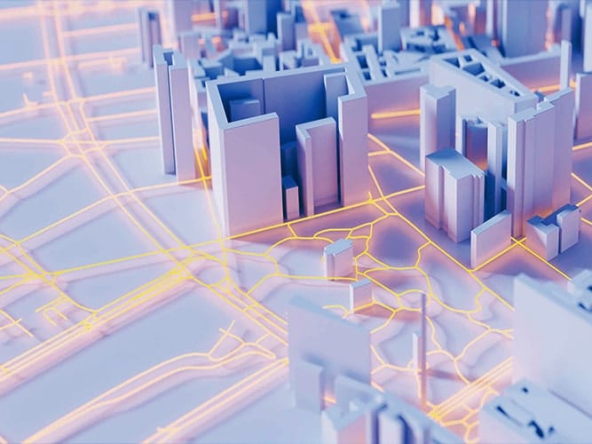As the property management industry embraces digital transformation, the integration of property management software has become essential for efficient operations. While these technologies offer numerous benefits, it’s crucial to prioritize security to safeguard sensitive data and protect against potential threats. In this comprehensive guide, we’ll delve into the key security considerations for property management software.
Understanding the Importance of Security in Property Management Software
1. Data Encryption (H1)
One of the primary concerns in property management is the security of sensitive information. Property management software often handles confidential data, including tenant information, lease agreements, and financial transactions. Implementing robust data encryption protocols ensures that this information remains confidential and is only accessible by authorized personnel.
Best Practices:
- Utilize strong encryption algorithms, such as AES (Advanced Encryption Standard).
- Encrypt data both in transit and at rest to cover all potential vulnerabilities.
2. Access Control and Authentication (H1)
Unauthorized access poses a significant threat to property management systems. Implementing strict access controls and multi-factor authentication (MFA) adds an extra layer of security, ensuring that only authorized personnel can access critical data.
Best Practices:
- Enforce strong password policies.
- Implement role-based access control to restrict access based on job responsibilities.
- Enable multi-factor authentication for an additional layer of security.
Protecting Against Cyber Threats
3. Regular Software Updates (H1)
Outdated software can be a gateway for cybercriminals to exploit vulnerabilities. Property management software providers regularly release updates that include security patches. Ensuring your software is up to date is a fundamental step in protecting against potential threats.
Best Practices:
- Schedule regular software updates and patches.
- Consider enabling automatic updates to streamline the process and reduce the risk of oversight.
4. Secure APIs (H1)
Many property management systems integrate with third-party applications through APIs (Application Programming Interfaces). Securing these APIs is critical to prevent unauthorized access and potential data breaches.
Best Practices:
- Use secure, authenticated APIs.
- Regularly audit and monitor API usage for any suspicious activities.
Ensuring Resilience in Property Management Systems
5. Data Backups and Disaster Recovery (H1)
In the event of system failures, data loss, or cyberattacks, having robust data backup and disaster recovery plans is imperative. This ensures that critical data can be restored promptly, minimizing downtime and potential losses.
Best Practices:
- Regularly back up all critical data.
- Test the restoration process periodically to ensure effectiveness.
6. Security Training and Awareness (H1)
Human error remains one of the leading causes of security breaches. Providing security training and creating awareness among property management staff can significantly reduce the risk of accidental data leaks or unauthorized access.
Best Practices:
- Conduct regular security training sessions for all personnel.
- Promote a culture of security awareness and encourage reporting of any suspicious activities.
Conclusion
In conclusion, prioritizing security considerations in property management software is essential for safeguarding sensitive data, preventing cyber threats, and ensuring the resilience of the entire system. By implementing robust encryption, access controls, and regular updates, property managers can fortify their systems against potential vulnerabilities. Additionally, protecting against cyber threats and ensuring system resilience through data backups and security training further enhances the overall security posture.
Property management software is a valuable asset in streamlining operations, improving efficiency, and enhancing tenant satisfaction. However, without a comprehensive security strategy, these advantages can be overshadowed by the risks associated with data breaches and cyber threats. By following the best practices outlined in this guide, property managers can confidently leverage technology while keeping their operations secure and resilient.




